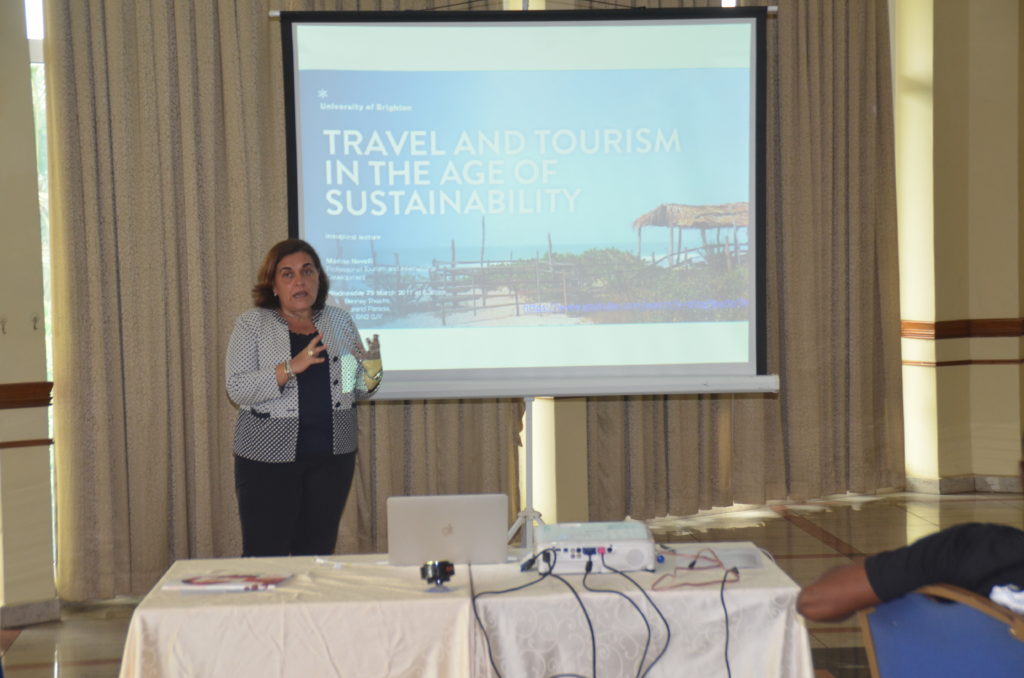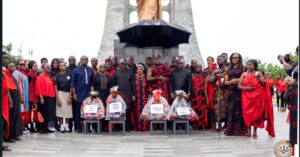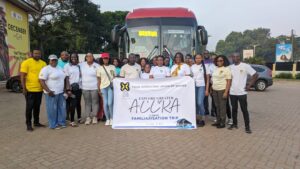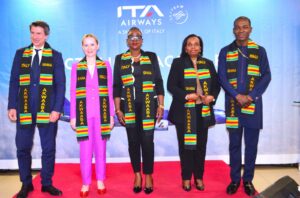A workshop that is aimed exploring arts and waste as critical tools for promoting sustainable community development has been held in Accra. Part of the workshop looked at how tourism and preservation can become a vehicle for the local people to understand the value of the environment.
The workshop which was sponsored by UK’s University of Brighton through its Impact Accelerator Fund and Responsible Future agenda gathered participants from Ghana, South Africa and UK who through their works are helping change mindsets and creating tangible solutions to tackle waste.
Speaking to www.voyagesafriq.com a Professor of Tourism and International Development at University of Brighton, Marina Novelli who was one of the facilitators at the event (together with colleagues Drs. Woodard and Ainsworth) said the purpose of the learning lab is aimed at fostering disruptive solutions to the problem of waste through intelligence gathering and comparison of notes on practices in Ghana and elsewhere to decide on the best way forward.
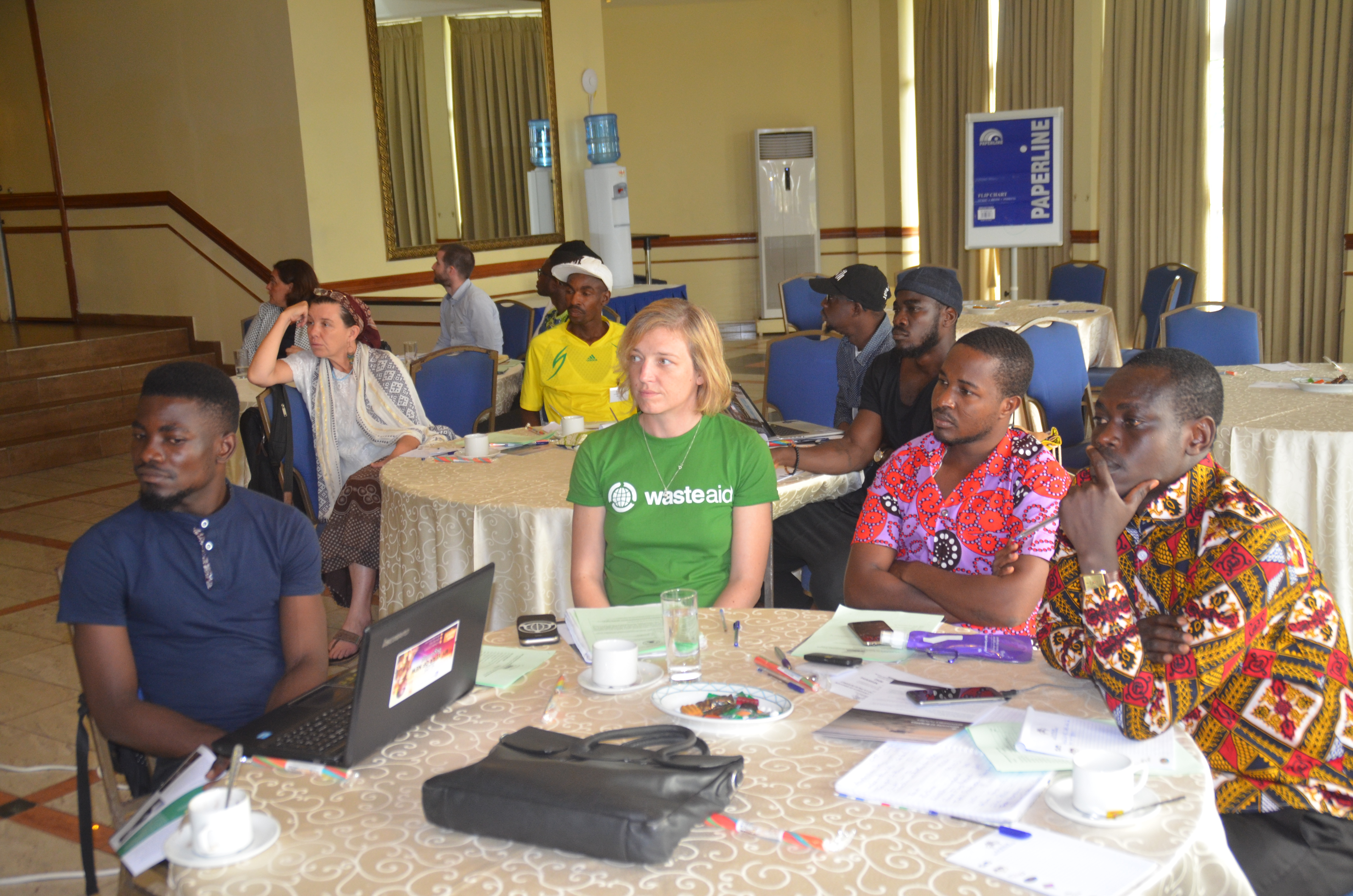
For her, there is a connection between tourism and waste management that made the workshop the more imperative.
“The link that exists between waste management and tourism is linked to both the use of certain materials and waste coming from tourism and hospitality and also the impact of waste on the tourism and hospitality because as you all know, people visit destinations because of that pristine environment. So if you do visit a destination which is affected by waste, to the point where you swim in the ocean which is basically filled with plastic waste or you walk on the streets which is affected by material waste thrown on the side road, both visibly and also from the health perspective it is not particularly good,” she said.
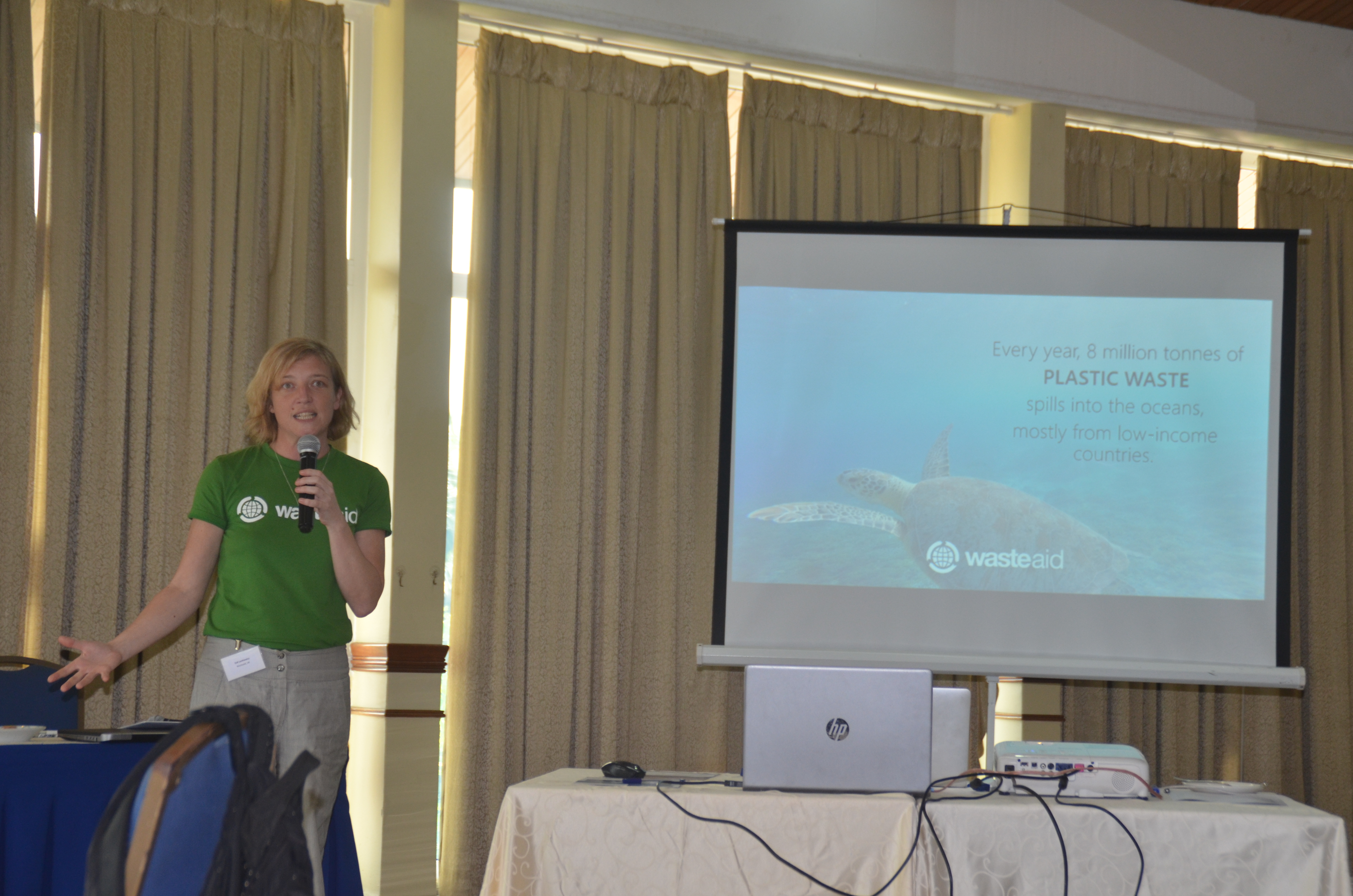
She added that there was the need to ensure that the tourism and hospitality sector understands that by preserving the environment, by reducing the waste, we reduce not only the impact on the natural environment but also the cost of operations in the long term.
“So I think the link is two-fold; the element of trying to reduce the impact on the environment from a tourism perspective and how to make sure that also waste is used creatively through the arts sector to produce products, practice which can be of interest to visitors. Eg. Crafts made of waste material, and also capitalize on the waste to try to influence and create some level of leverage on the practice of the people that live in a destination.”
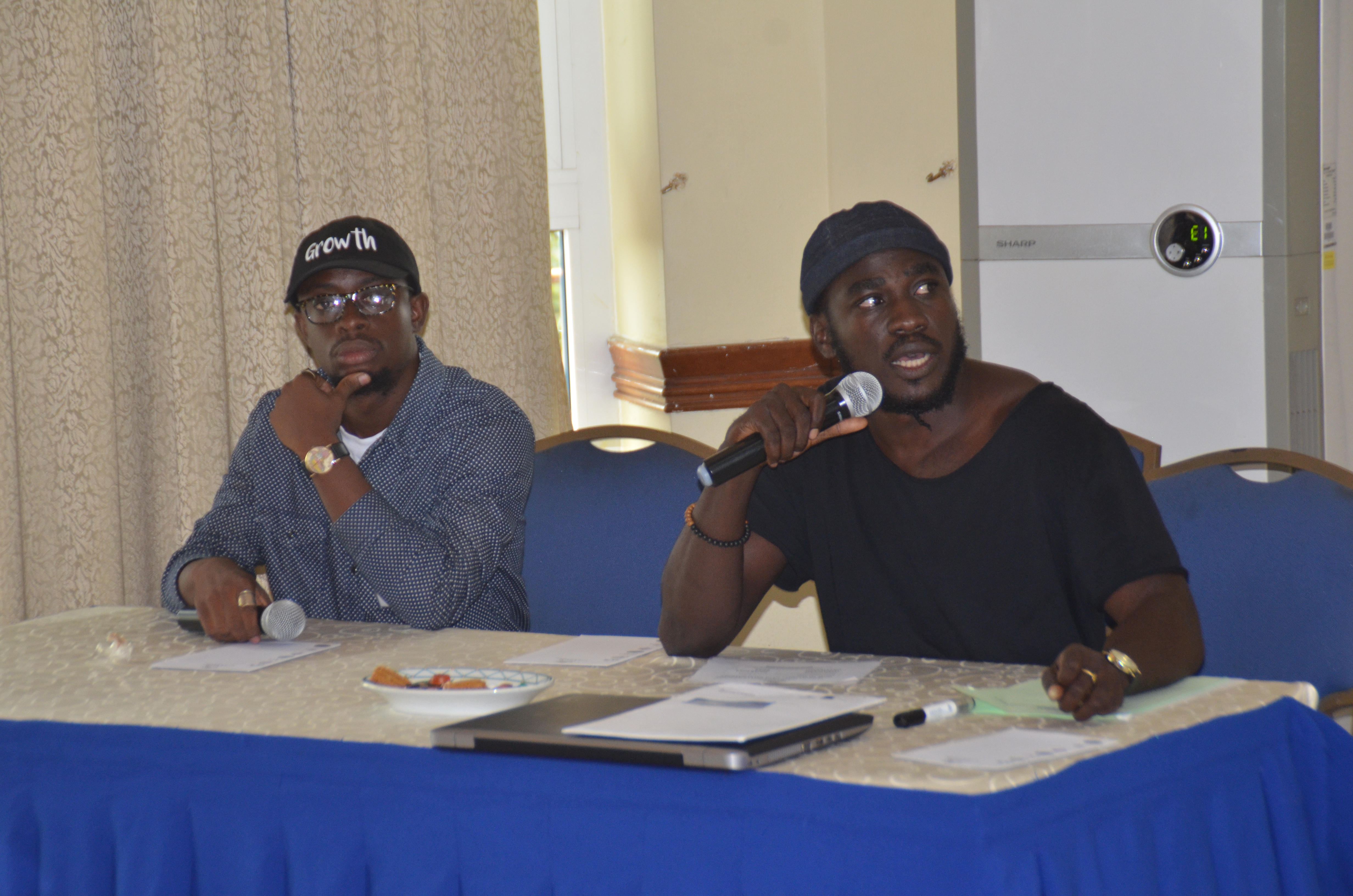
Further commenting on the workshop, Prof Novelli said, it had emerged from a number of other activities that “we’ve been doing over the past year where for instance we have been connecting Ghanaian practitioners like Serge Attukwei Clottey who is a local artist globally known. And who operates in an environment which is very much within the waste management field because he uses dismissed gallons to produce quite impressive piece of art and is like a champion to showcase globally so much so that Serge would be showcasing at the Brighton Festival in the UK in May this year and again just use those people as ambassadors of how certain things can be done differently and influence the thinking of other people.”
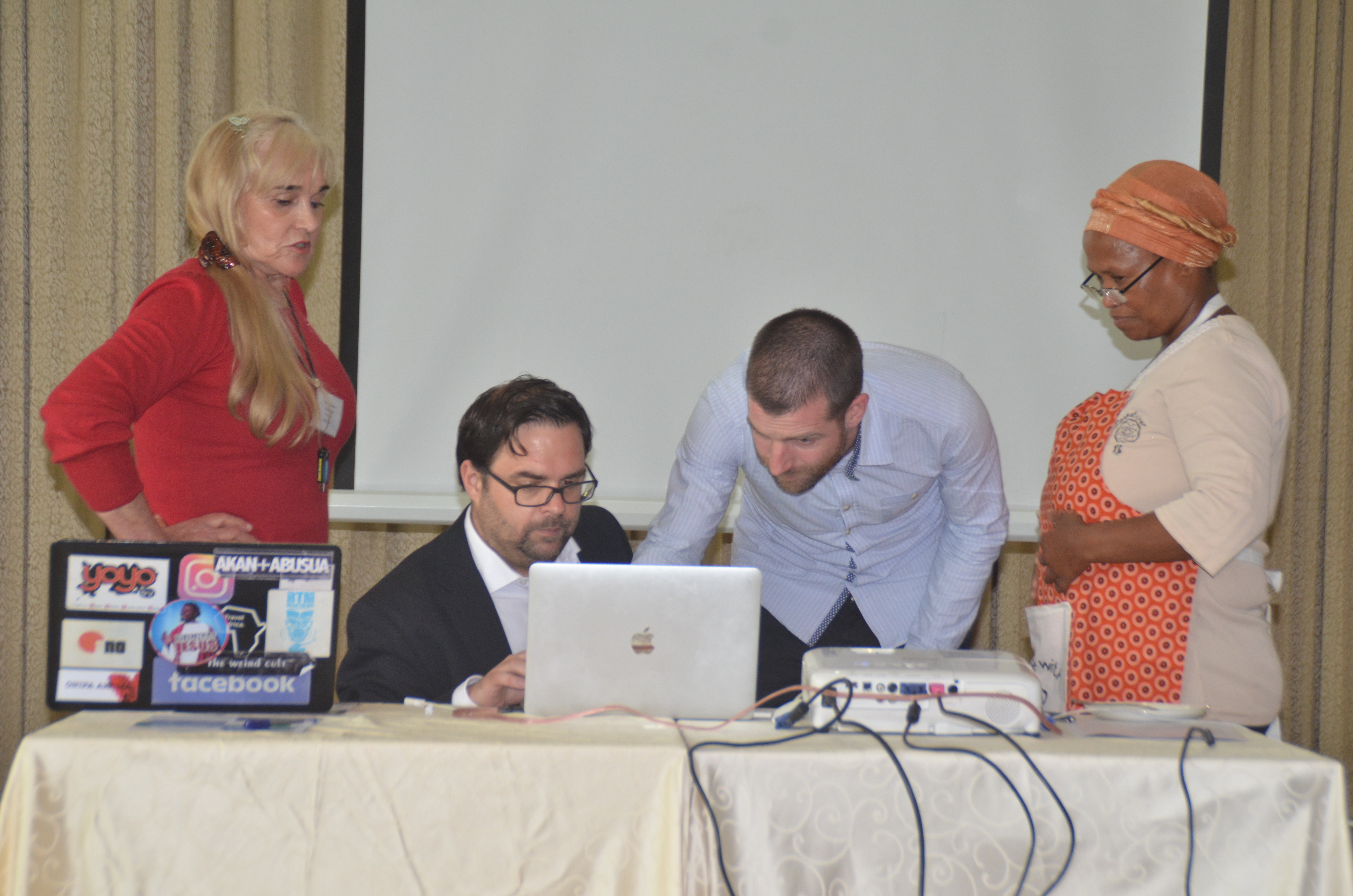
In the long term, the professor hopes that the outcome of such workshops should be able to influence policymakers and governments to rethink how waste is managed. In the meantime “our ambition is to make sure we foster a collaborative agenda whereby you have the public sector, the private sector, the voluntary sector and academia working together which is the reason why today here, we’ve got so many people representing all the sectors and potentially with the mutual interest of doing things to follow the responsible future agenda,” which is gradually pushing for a move towards hospitality, tourism and events sector which is plastic free.
By: Samuel Obeng Appah


